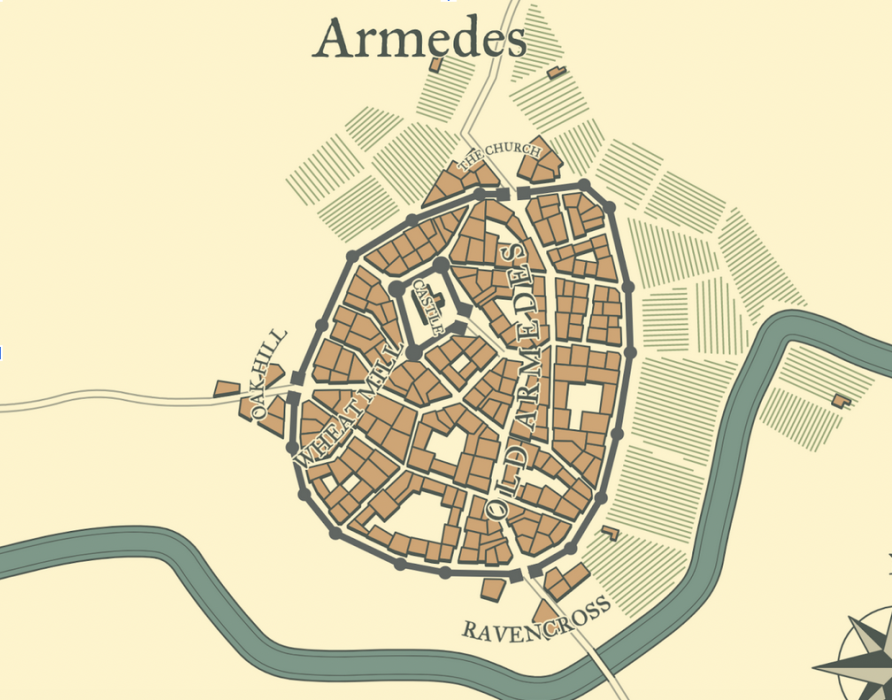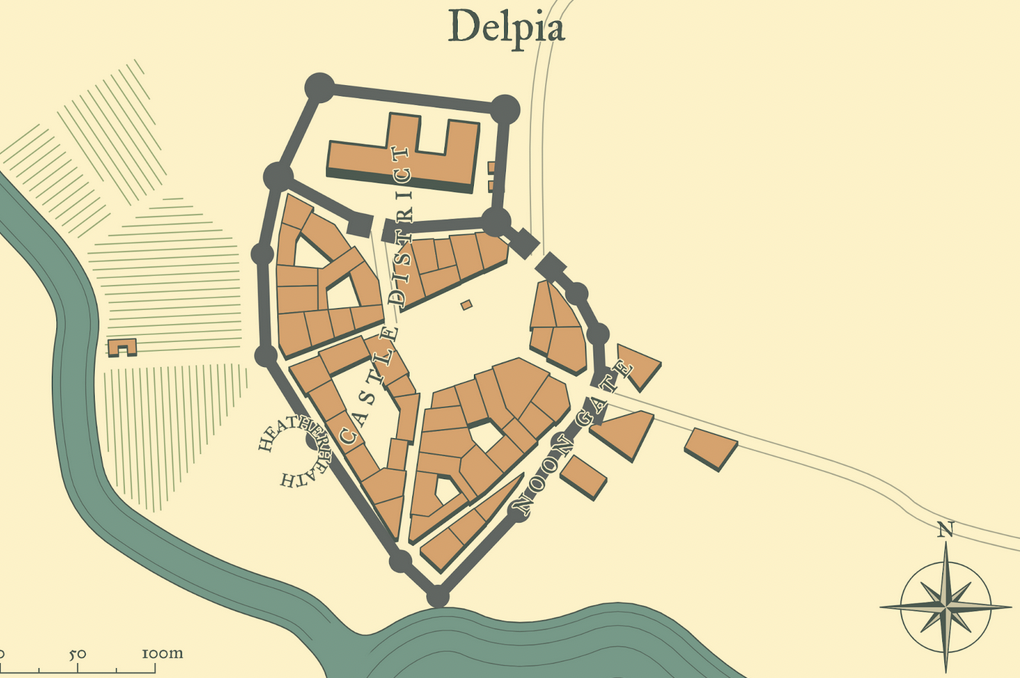World of Kibstolya - The North
Post-post-apocalyptic science and speculative fiction.Open Menu
--The Northern Hemisphere--
Administration
Northern Fair Right Agreement of 517
“Each state, land, or city located in the Northern Hemisphere of Kibstolya is subject to whatever government (or lack thereof) that they are of residence or passing in. Each state, land, or city is free to rule how they choose to, as long as their laws and ordinances do not disrupt others. No entity is allowed to wage war under any condition. If one does wage war, any neighbouring entities have the fair right to destroy or overthrow the entity that caused the issue.”The Northern Fair Right Agreement of 517, a two-part law, also called the Ruling Law or the Fair Right, is one of three hemisphere-wide laws, and the most controversial of the three.
Prior to this agreement, the North was mostly independently governed, mostly regulating themselves.
Languages
Kibos/Alos
Kibos, as it is known in the North, and Alos, as it is known in the South, is the common language of all Kibstolya. It is used amongst unfamiliar traders who haven’t learned the tradespeech of each other’s languages and urbanized communities. Kibos/Alos is the most transparent language, having little to no ancestral derivations or history, simply orchestrated to make communicating between tribes and areas easier. Alos’ accent is different from Kibos’, though both languages are written the same way. Alos contains different pronunciations for the words. Central Alos is a simplified version of Alos that is used in the South to be able to communicate with other states without having to understand a certain Dialect.Kaethic
Kaethic is a Northern language that was derived from Kibos, and mostly used among hunters and those living a trading-aligned life. It’s a less rigid form of Kibos, and is used in a more informal manner. People in the South rarely use Kaethic, besides the occasional swear or joke. Most Alos swear words derive from Kaethic.--States of the North--
In the Northern Hemisphere, each region is made up of several tribes of people. Some are centralized, some are independent cities, and some are decentralized agreements tribes. The names of the regions are so that people are able to pinpoint and communicate their location. Capitals are utilized as trading posts, one per region.Adin
Mainly empty space. Seasoned travelers advise explorers to stay near borders, such as the Coentri-Adinese, Pazent-Adinese or the Fjatski-Adinese border. Strange going-ons seem to be sparsely recorded once one strays too far from the safeguards of neighboring civilization.Armedes

Weather is very temperate, with foggy conditions and frequent rain. The city is quite small, the majority of the population in Old Armedes and the rest maintaining the surrounding farmland. Armedes is known for its friendly and tight-knit community, although the old women are known to be gossips. Armedi people are considered to be very welcoming to visitors.
Fjatska
Contains the highest concentration of serene ruins in the North. Their people are called the Fjatski.Delpia
 Delpia is a fishing town in a tropical forest with a port leading directly into Massos Bay. Its main export is its fresh fish but the farmlands supply the town with produce. In the center of Delpia is a large marketplace which has bustling night markets.
Delpia is a fishing town in a tropical forest with a port leading directly into Massos Bay. Its main export is its fresh fish but the farmlands supply the town with produce. In the center of Delpia is a large marketplace which has bustling night markets.